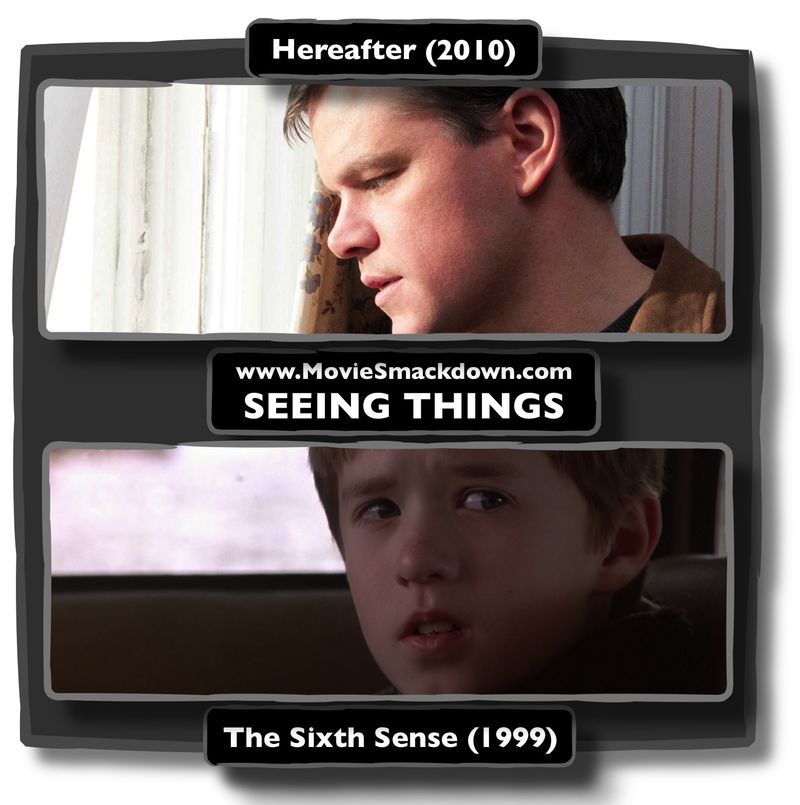
The Smackdown
I don’t think about dying as often as, say, Woody Allen, but mostly I think I am not in favor of it. Now we also know that Clint Eastwood — a man who just entered his 80s — is also starting to think about it. He doesn’t seem scared.
Our two films both have considerably different takes on the afterlife. To say the least. But, like all films in this genre, it’s not what they’re saying about what comes next that’s the big deal, it’s what they’re saying about the here and now.
Clint Eastwood’s new movie, Hereafter, ventures through that thin membrane separating the living from the dead. Director M. Night Shyamalan staked out a notable career in this territory, most notably with 1999’s well regarded The Sixth Sense. That’s our Smackdown: If dead people can communicate with us, what are they saying about these movies?
[singlepic id=229 w=320 h=240 float=right]
The Challenger
I hope Clint Eastwood lives forever. After Gran Torino, he vowed to stop acting. He didn’t promise to stop making films, and we are lucky for that. He’s been on a creative tear the past two decades: Oscars for The Unforgiven and Million Dollar Baby, various nominations for Mystic River, Letters from Iwo Jima, Invictus, Gran Torino, Changeling, Bridges of Madison County and Bird among others. His movies are well-made and reflect Eastwood’s love of wide-ranging, character-driven story.
Hereafter weaves three storylines screenwriter Peter Morgan developed, it appears, from the day’s headlines. In one, French journalist Marie Lelay (Cecile de France) should have died in the 2004 Asian tsunami, but doesn’t; In London, a quiet little boy is traumatized by the violent death of his twin brother; George Lonegan (Matt Damon) in San Francisco wants a normal life but cannot fully abandon psychic powers he regards as a curse, not a gift. One touch and George knows how the departed affected a person’s life. The lives of these three strangers unravel through professional reverses and family breakup examined in lingering, painful detail. All three sense an existence just beyond their here and now. The search for resolution takes them to science and charlatans, the Internet and eventually, the London Book Fair. Their loose ends are tied, but not tightly.
[singlepic id=100 w=320 h=240 float=right]
The Defending Champion
Malcolm Crowe (Bruce Willis) is a child-psychologist who comes home one night and is shot by a former patient. Flash forward several months, and Dr. Crowe is treating a boy, Cole Sear, who has a sixth sense: He sees dead people and they’re the stuff of nightmares. They confront Cole in the apartment, open the kitchen cabinets, literally hang around and don’t know they’re dead. This alienates Cole from his beleaguered mother, Lynn (Toni Collette) and nearly every aspect of his life. Dr. Crowe sees in Cole a professional challenge and an opportunity for personal redemption. The boy is all that and shows Dr. Crowe what it means to see dead people.
The Scorecard
Both movies have real similarities, but some telling differences. With all the dead cavorting around Philadelphia, The Sixth Sense seems uncertain whether it’s a horror flick or a psychological drama. It tries to be one, then the other, but a decade later Shyamalan’s script seems a tad heavy-handed. And then there’s Bruce Willis. He’s a genuine movie star but the items that make him famous — that smirk and bantam-rooster tough guy persona — show up here and remind me too much of his Die Hard movies and Moonlighting. That’s too bad because they detract from strong performances by Collette and Osment.
Hereafter has no such uncertainty. This cast is uniformly good: Damon as the man tormented by his “gift;” Cecile la France as the journalist consumed by what she saw on the other side; Frankie and George McLaren as the young London brothers. Lovely Bryce Dallas Howard has a short, effective turn as the young woman who comes to regret asking George Lonegan (Damon) for a “reading.” The film doesn’t aim for horror, although it involves horrific events: The Asian tsunami staged with terrifying computer-generated effects; a fatal auto accident and the London subway bombings. They are presented with a measure of restraint so as to explain the story, not overwhelm it. Even Eastwood’s depiction of the Hereafter is muted, not a ghoul festival. There’s nothing slam-bang about Hereafter: not the production values, or editing or music or its slightly inconclusive denouement.
The votes are coming in from the great beyond.
The Decision
These films truly reflect the creative instincts of their creators. The Sixth Sense remains a solid, entertaining film — perhaps the best M. Night Shyamalan will ever make. It is done in by the distinct shift in story emphasis, and casting Bruce Willis confuses matters further.
I’m not certain Hereafter is Clint Eastwood’s best work, but its story is well written and well told. It addresses the notion of life after life without cheap horror and doesn’t stray in emphasis. Our winner, Hereafter, is satisfying and consistent and further cements Clint Eastwood’s place as a film artist working at a higher level of achievement.

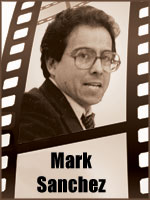
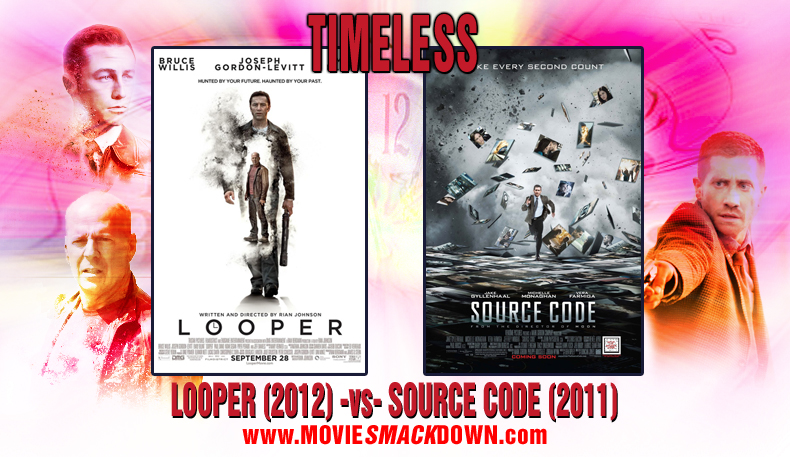
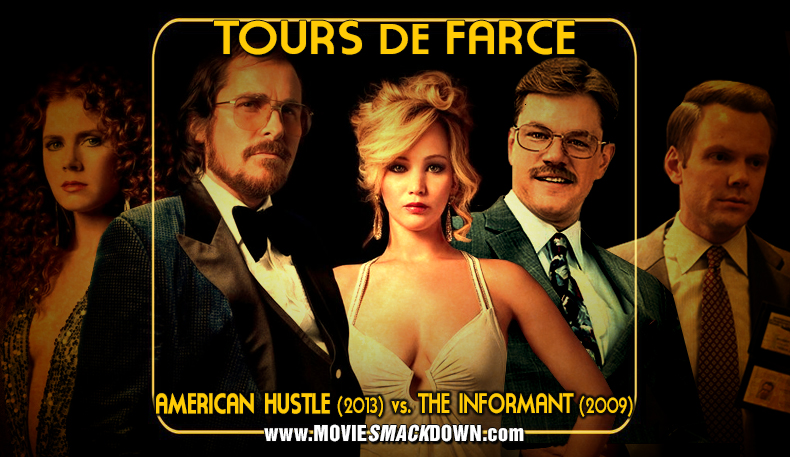
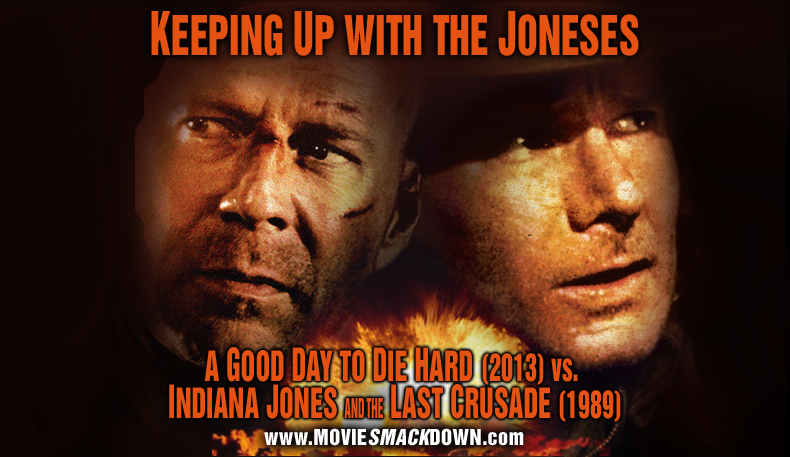
This is perhaps my film of the decade so far. The reasons are too numerous to go into in such a short critique. Surely there have not been too many films that can take you through the range of emotions that the Sixth Sense does. The prime emotion; fear, is a difficult emotion to generate in a modern audience that has seen it all before, but this film succeeds where others fail, praying on your imagination and generating suspense from subtle devices rather than blatant horror.
It is such a relief that the performances of Willis and the excellent Osment live up to an excellently directed quality storyline. I will be disappointed if the youngster doesn’t receive at least an academy nomination.
I seldom go to the cinema twice to watch a film, in fact I cannot remember when I have done it before. Tonight I am taking an old friend to see this film as it will be a tragedy if he doesn’t see it on the big screen. He has heard so much about it that he is reluctant to go, as I am when something is over-hyped. Just for a change though, here is a film that lives up to its billing and has you thinking about it for weeks to come. As for the twist at the end? Well it totally disorientated me, my mind spinning back throughout the whole film. A fantastic punchline to my film of the year.
Wow… While I think THE SIXTH SENSE may have been the only movie that Shyamalan has knocked out of the park, it is a brilliant film and while I like almost all of Eastwood’s films, this one was one of the weakest.
Whooo, brave choice of outcome there Mark. I haven’t seen Hereafter yet, so I can’t comment, but I’d disagree with many of your comments about Bruce Willis in TSS. I thought Willis showed a fantastic restraint in his performance, completely captivating and genuinely better than Toni Colette – although I agree he was out-acted by Osment.
Interesting outcome, which means I’m gonna have to check out Eastwood’s latest to see if I agree!